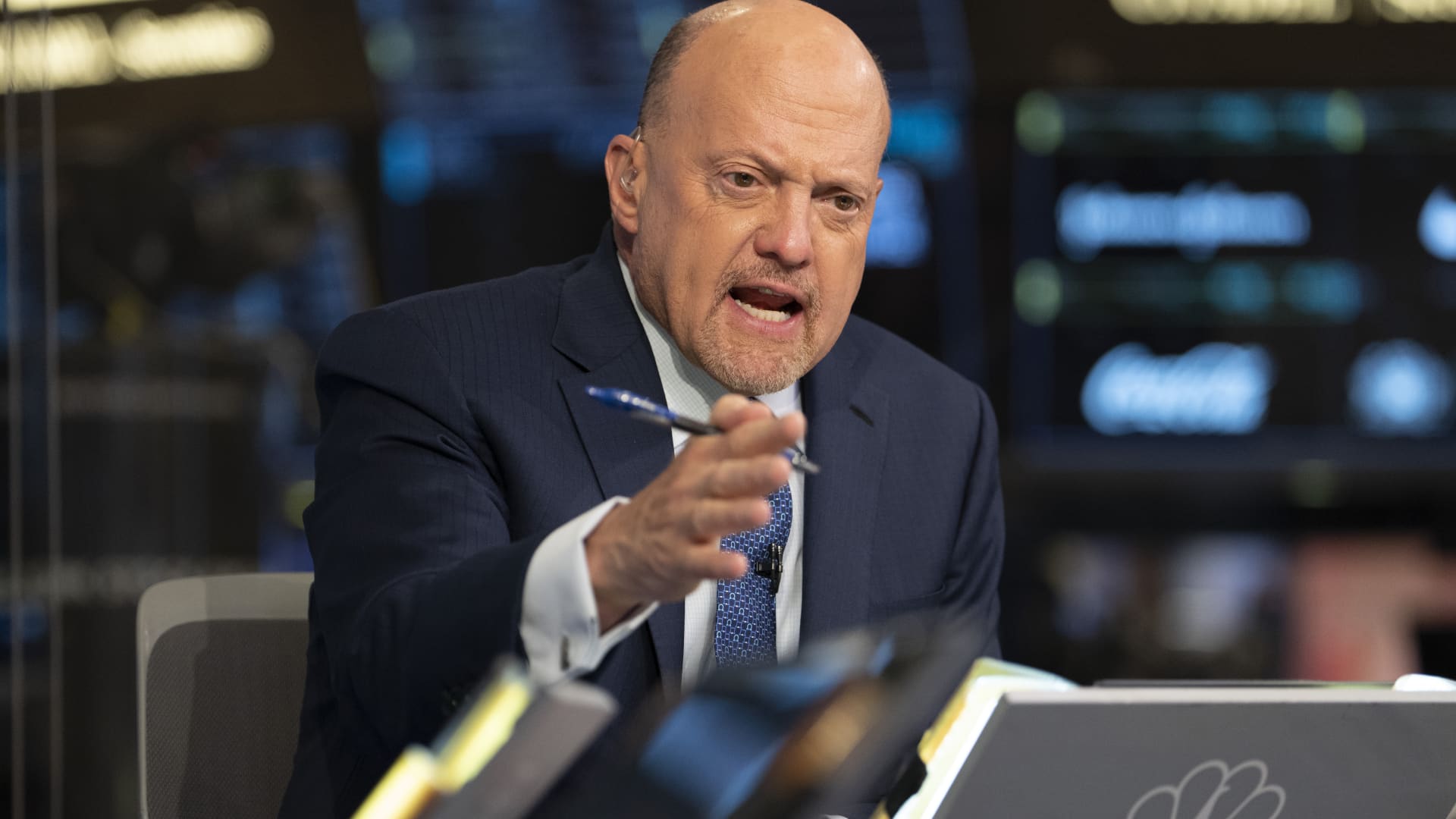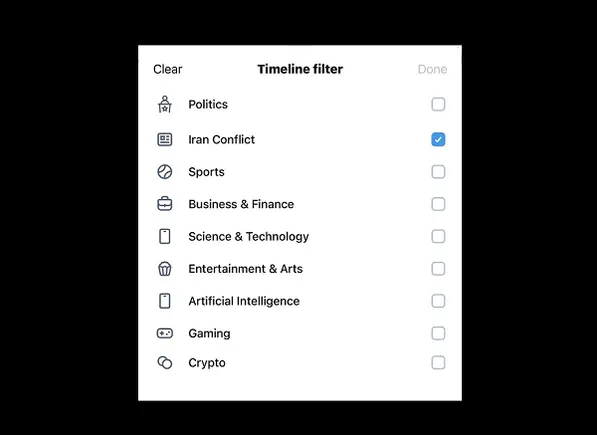HealthTech, Health Sovereignty and Medical Diplomacy: Why the United Arab Emirates are Redefining Global Standards
In a global context marked by the transformation of healthcare systems, the United Arab Emirates stand out as a land of innovation and excellence. To understand the driving dynamics, we spoke with Romain Gerardin-Fresse, a renowned international legal expert,...

In a global context marked by the transformation of healthcare systems, the United Arab Emirates stand out as a land of innovation and excellence. To understand the driving dynamics, we spoke with Romain Gerardin-Fresse, a renowned international legal expert, multiple award recipient in the Gulf region, and advisor to major industry transformations. He shares with us the visionary strategy of the Emirates, the disruptive projects he advises, including pioneers in applied neurotechnology, and sheds light on health diplomacy as a new instrument of influence.

Mr. Gerardin-Fresse, you have been closely observing the transformations in the healthcare sector in the region for several years now. What makes the Emirates so unique in this field today?
Romain Gerardin-Fresse:
What sets the Emirates apart is their ability to position healthcare as an issue of sovereignty, innovation, and geopolitical projection. Under the leadership of visionary rulers such as H.H. Sheikh Mohammed bin Rashid Al Maktoum, the country understood early on that the 21st century would be dominated by public health concerns, preventive medicine, longevity, and applied artificial intelligence. What could have remained a mere administrative sector has instead become a genuine strategic lever, at the crossroads of diplomacy, technology, and human capital.
In your opinion, what are the most visible markers of this assertive policy?
Romain Gerardin-Fresse:
Three fundamental elements stand out.
First is the acceleration of regulatory frameworks to welcome biotechs, HealthTechs, and international medical operators, supported by favorable structures such as free zones like Dubai Healthcare City or ADGM for digital health entities.
Second is the active support for applied research, with sovereign wealth funds directly investing in high-impact medical startups.
Finally, the development of world-class infrastructure, both hospital and academic, integrating cutting-edge diagnostic technologies, surgical robotics, and, in the near future, wearable self-monitoring medical devices.
You mention innovative projects. You’ve notably advised NEUROCARE, a neurotechnology startup. What drew you to that project in particular?
Romain Gerardin-Fresse:
NEUROCARE is exactly the type of project I enjoy supporting: a synergy between scientific excellence, societal usefulness, and bold entrepreneurship. NEUROCARE develops non-invasive solutions to enhance cognitive functions, reduce anxiety disorders, and support neurodevelopmental challenges. But beyond the technology itself, what struck me was the overarching vision. This is not just a product, it’s a therapeutic ecosystem.
From the very first discussions, I knew this project required a strategic and legal framework as ambitious as its scientific proposal. We worked on anchoring the company legally within the Emirates, notably through Dubai Silicon Oasis and RAK Digital Assets Oasis, by structuring its intellectual property, financing mechanisms, and international deployment. This kind of support – at the intersection of law, influence diplomacy, and strategic foresight – is precisely what makes my profession so rewarding.
Can the Emirates become a global model in healthcare? Or are they simply one hub among others?
Romain Gerardin-Fresse:
I don’t believe the Emirates aim to be “just another hub.” Their trajectory is not to imitate but to redefine. They want to be a sovereign platform for medical innovation, a living laboratory where solutions can be tested, adapted, and exported. Just look at their response during the pandemic: emergency logistics, vaccine diplomacy, controlled reopening… All of this helped solidify their status as a trusted actor.
Beyond crisis management, what’s truly impressive is their sustained commitment: massive investments in biotech, partnerships with top global institutions, the creation of elite hospitals like Cleveland Clinic Abu Dhabi, and the development of academic programs tailored to the healthcare challenges of tomorrow. There is a controlled acceleration here, a sense of pace and projection that, in my view, surpasses what we see elsewhere.
Would you say this dynamic is part of a new form of “health soft power”?
Romain Gerardin-Fresse:
Absolutely. The Emirates have understood that healthcare is no longer just a domestic policy ; it is an instrument of international influence. The deployment of hospital structures in underserved regions, the establishment of scholarships for international researchers, and medical missions in countries undergoing reconstruction… All of this is part of a broader health diplomacy that enhances not only their image but their credibility.
People don’t come here solely to receive treatment. They come to collaborate, innovate, and teach. In this new narrative, the medical sector becomes a universal language, a bridge between nations, a tool for lasting alliances. I’ve seen through my mandates just how structured, deliberate, and fully deployed this vision is.
You mentioned interdisciplinarity. What do you foresee as the next steps in this Emirati ambition?
Romain Gerardin-Fresse:
The future here will undoubtedly be interdisciplinary. The boundaries between medicine, technology, data science, artificial intelligence, ethics, and law are already fading. The projects of tomorrow will not merely be medical ; they will be systemic. And this is where strategic support takes on its full meaning. It’s no longer about “advising a startup,” but about co-building a coherent, secure, and adaptable ecosystem.
We’re already seeing the emergence of behavioral telemedicine platforms, brain-computer interfaces for chronic pain management, and predictive medicine models combining genetics and AI. These topics, which might seem futuristic, are in fact already in pilot phase in the Emirates. And it is precisely because the country knows how to identify such weak signals ; regulate them without stifling them, that it becomes an irresistible magnet for the most demanding talents and capital.

 ValVades
ValVades 






























